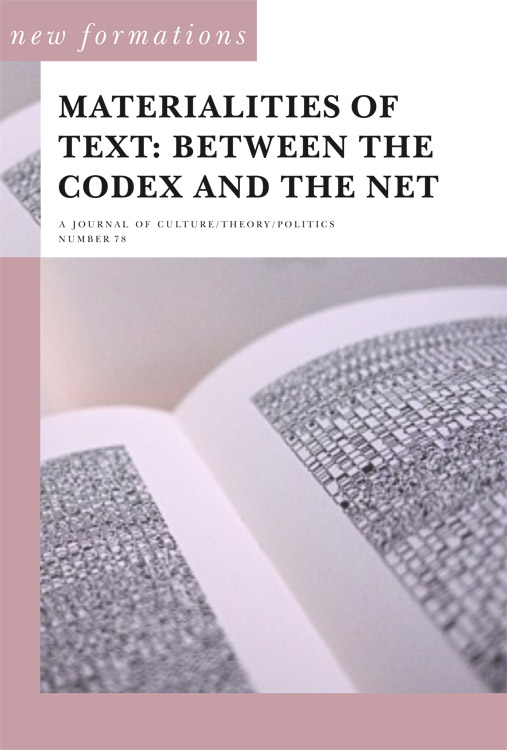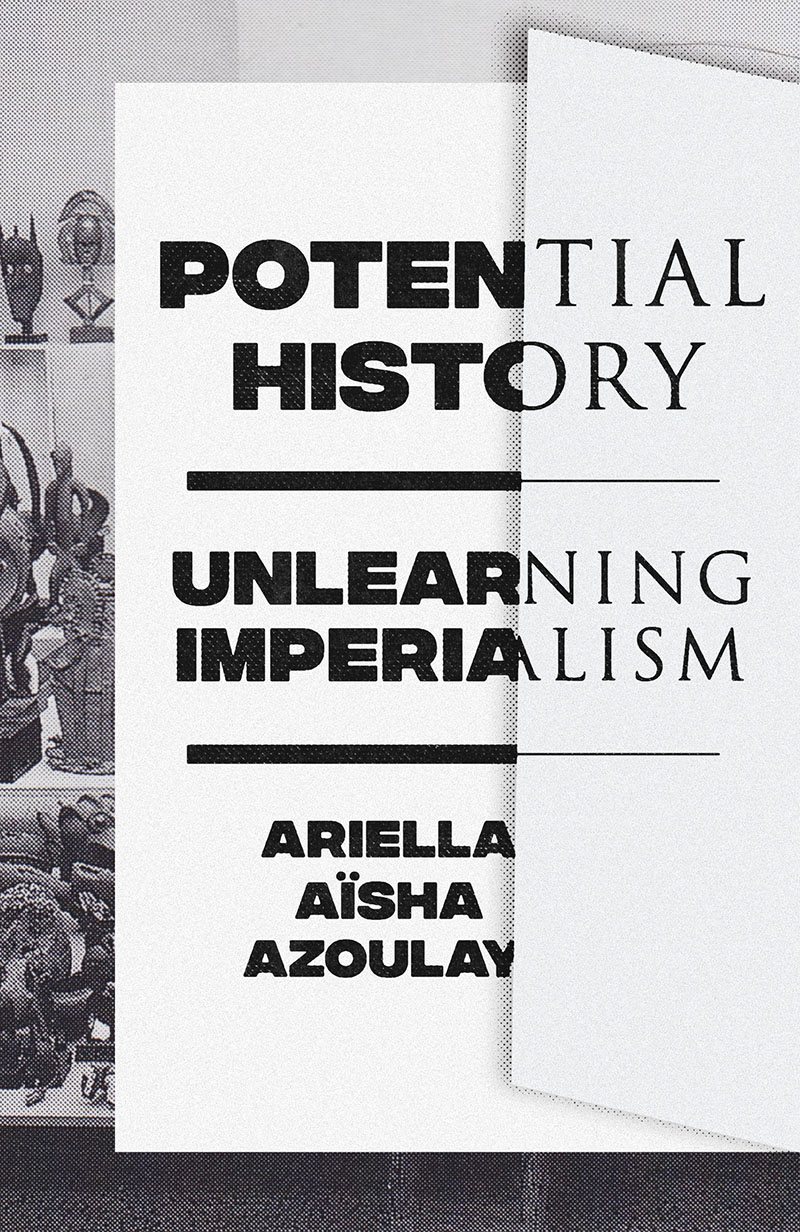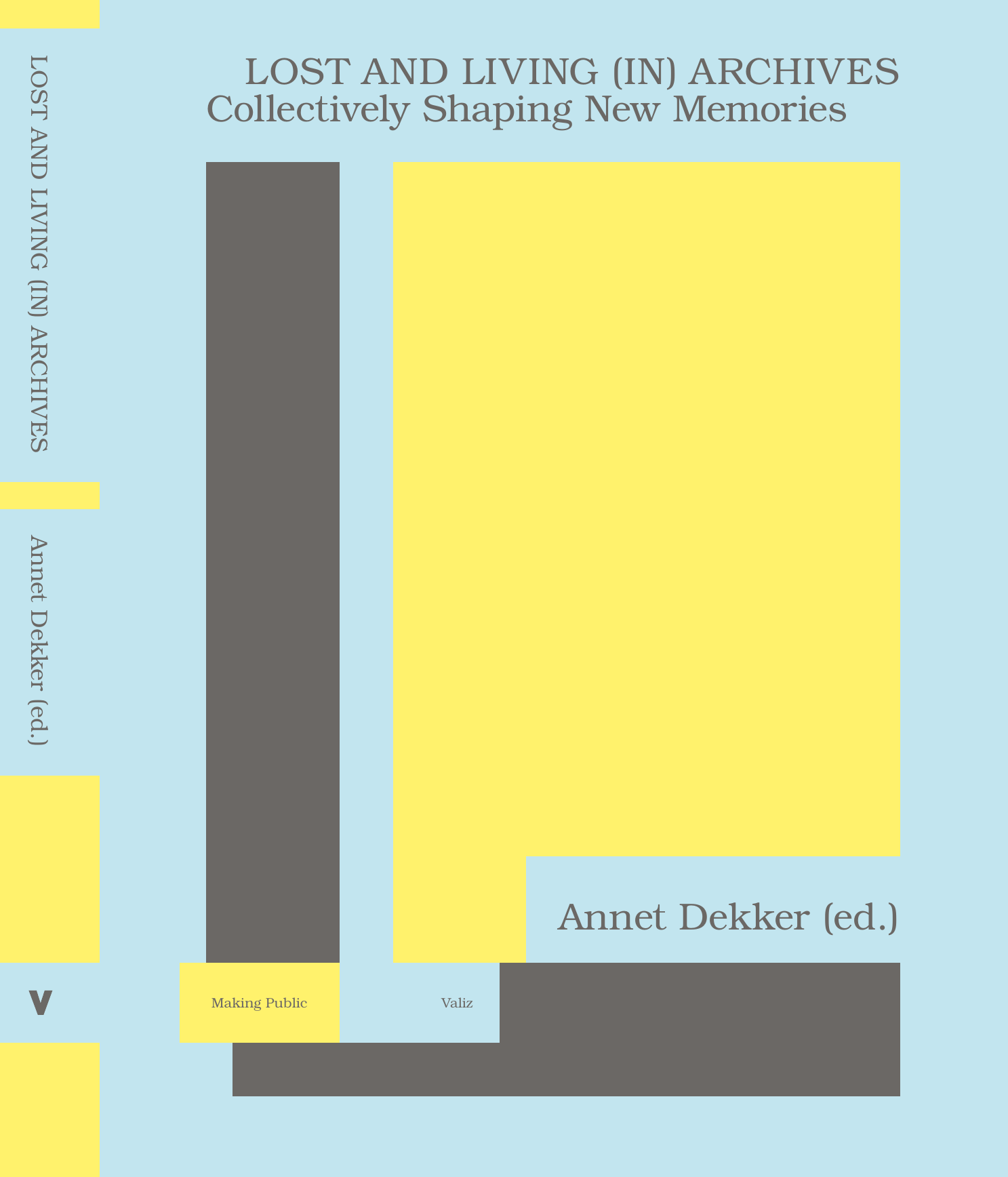New Formations, 78: Materialities of Text: Between the Codex and the Net (2013)
Filed under journal | Tags: · archive, artists book, book, digital humanities, digital library, library, materiality, publishing, reading, shadow library, text

“The cultural authority of the codex form of the book appears to be in a process of displacement ensuing from the rise of on-line digital media. The traditional material structures of the book – its physical forms and its institutional forms of production, circulation, and preservation – are often seen as being subject to dematerialisation; evaporating in the transitory appearances of the digital screen and in the proliferation of new systems of production. However, this issue of New Formations makes the case that the present historical juncture should be understood as a mixed media milieu, in which traditional and digital forms of writing and publishing coalesce and conflict in a complex array of textual materialities.
Such materialities of text are at once sites of political and aesthetic experimentation, and of intense capitalization, intersecting features which are approached in the articles collected here through a broad range of theoretical and empirical themes: diagrammatic writing; the material reading formations of a best-seller novel; grey literature in the institutions of cultural studies; Black Twitter; the politics of Open Access and the artists’ book; digital humanities and its political problematics; the bibliopolitics of the passport; and the political and aesthetic forms of independent publishing.”
Contributions by Richard Burt, Sanjay Sharma, Hanna Kuusela, Johanna Drucker, Ted Striphas and Mark Hayward, Sas Mays, Janneke Adema and Gary Hall, Jodi Dean, Sean Dockray, Alessandro Ludovico, Pauline van Mourik, Broekman, Nicholas Thoburn and Dmitry Vilensky.
Edited and with an Introduction by Sas Mays and Nicholas Thoburn
Publisher Lawrence & Wishart, Summer 2013
ISSN 0950-2378
207 pages
Review: Janneke Adema (2013).
Comment (0)Annet Dekker (ed.): Lost and Living (in) Archives: Collectively Shaping New Memories (2017)
Filed under book | Tags: · activism, archive, archiving, art, collectivism, digital media, documentation, internet, living archive, media, media activism, media culture, memory, web
“Archives are collections of records that are preserved for historical, cultural and evidentiary purposes. As such, archives are considered as sites of a past, places that contain traces of a collective memory of a nation, a people or a group. Digital archives have changed from stable entities into flexible systems, at times referred to with the term ‘Living Archives’. In which ways has this change affected our relationship to the past? Will the erased, forgotten and neglected be redeemed, and new memories be allowed? Will the fictional versus factual mode of archiving offer the democracy that the public domain implies, or is it another way for public instruments of power to operate? Lost and Living (in) Archives shows that archives are not simply a recording, a reflection, or an image of an event, but that they shape the event itself and thus influence the past, present and future.
Contributors: Babak Afrassiabi, Dušan Barok, Tina Bastajian, Nanna Bonde Thylstrup, Özge Çelikaslan, Annet Dekker, Olia Lialina, Manu Luksch, Nicolas Malevé, Aymeric Mansoux, Michael Murtaugh, Josien Pieterse, Ellef Prestsæter, Robert Sakrowski, Stef Scagliola, Katrina Sluis, Femke Snelting, Igor Štromajer, Nasrin Tabatabai.”
Publisher Pia Pol, Valiz, Amsterdam, 2017
Making Public series
Creative Commons BY-NC-ND 3.0 NL License
ISBN 9789492095268, 9492095262
285 pages
Reviews: Alessandro Ludovico (Neural, 2018), Natacha Yahi (Critique d’art, 2019, EN/FR).
PDF (16 MB)
Comment (0)Ariella Aïsha Azoulay: Potential History: Unlearning Imperialism (2019)
Filed under book | Tags: · archive, art, care, colonialism, commons, history, human rights, imperialism, israel, museum, palestine, photography, politics, sovereignty, strike, theory, violence, world

“A passionately urgent call for all of us to unlearn imperialism and repair the violent world we share
In this theoretical tour-de-force, renowned scholar Ariella Aïsha Azoulay calls on us to recognize the imperial foundations of knowledge and to refuse its strictures and its many violences.
Azoulay argues that the institutions that make our world, from archives and museums to ideas of sovereignty and human rights to history itself, are all dependent on imperial modes of thinking. Imperialism has segmented populations into differentially governed groups, continually emphasized the possibility of progress while it tries to destroy what came before, and voraciously seeks out the new by sealing the past away in dusty archival boxes and the glass vitrines of museums.
By practicing what she calls potential history, Azoulay argues that we can still refuse the original imperial violence that shattered communities, lives, and worlds, from native peoples in the Americas at the moment of conquest to the Congo ruled by Belgium’s brutal King Léopold II, from dispossessed Palestinians in 1948 to displaced refugees in our own day. In Potential History, Azoulay travels alongside historical companions—an old Palestinian man who refused to leave his village in 1948, an anonymous woman in war-ravaged Berlin, looted objects and documents torn from their worlds and now housed in archives and museums—to chart the ways imperialism has sought to order time, space, and politics.
Rather than looking for a new future, Azoulay calls upon us to rewind history and unlearn our imperial rights, to continue to refuse imperial violence by making present what was invented as ‘past’ and making the repair of torn worlds the substance of politics.”
Publisher Verso Books, London, 2019
ISBN 9781788735711, 1788735714
656 pages
Interviews with author: Jadaliyya (2019), Brad Evans (LA Review of Books, 2020), Sabrina Alli (Guernica, 2020).
Reviews: Ian Wallace (Artforum, 2020), Guy Mannes-Abbott (Third Text, 2020), Louis Rogers (review31, 2020), Stephen Sheehi (Hyperallergic, 2020), Luke Urbain (InVisible Culture, 2020), Lunettes Rouges (Le Monde blog, 2020, FR, part 2), Sascha Crasnow (Field, 2022).
Roundtable: Gil Hochberg, Zoé Samudzi, Joshua Simon, Robert Yerachmiel Sniderman (Protocols, 2020).
HTML (added on 2020-2-2)
EPUB (15 MB)


